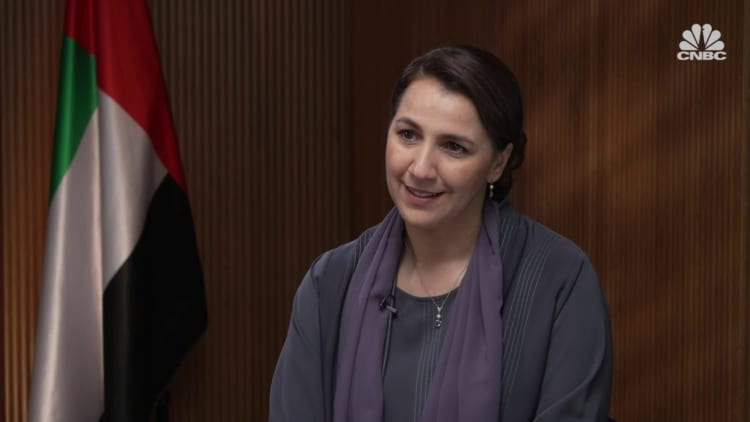
The forgotten borough is getting smoked out!
New York’s controversial plan to enforce a $15 toll to drive on some of Manhattan’s busiest streets will just favor Midtown’s wealthy elite — and increase pollution in Staten Island’s minority neighborhoods, local pols claimed Thursday.
“If someone wanted to deliberately create a plan with the goals that wealthy white residents would breathe cleaner air while low-income minority residents would breathe in more toxic air pollution, then this congestion pricing program would meet those goals,” SI borough president Vito Fossella said.
Fossella and a slew of local lawmakers staged a joint press conference Thursday to rail against the looming congestion poll, arguing that statistics show residents in the four “environmental justice” minority neighborhoods scattered along Staten Island’s North Shore will be worse off when the toll is implemented.
Here’s everything we know about the NYC congestion pricing plan
The Metropolitan Transportation Authority’s new pricing plan that will charge drivers a minimum of $15 to enter Midtown Manhattan is set to start in June, according to reports.
The MTA has argued that the addition toll is aimed at curbing and easing peak-day congestion in Manhattan. The controversial plan will raise about $1 billion per year that would fund major upgrades to subways, commuter railroads and bus systems.
How much will drivers be charged?
- Passenger drivers: $15
- Motorcycles: $7.50
- Taxi drivers: $1.25 per ride
- Small trucks: $25
- Large trucks: $35
- Uber, Lyft, other ride-shares: $2.50 per ride
Major highways, including the FDR Drive and the West Side Hghway, are exempt from the toll, but drivers will be charged if they exit onto a street in NYC’s central business district below 60th Street.
The rush-hour rates will be in place from 5 a.m. and 9 p.m. weekdays, according to reports. During non-peak hours, the toll will be about $3.75 for a car. On weekends, the full rate will be charged between 9 a.m. and 9 p.m.
Half the population in four zip codes that line the North Shore – including Mariners Harbor, Livingston, Port Richmond and St. George – are black and Latino, Fossella said, adding that the average income there is $62,000.
In comparison, Fossella noted that the make-up of zip codes in Manhattan’s CBD, which are not considered environmental justice neighborhoods, is 62% white with an average income of $300,000.
“Pollution will get worse on Staten over the next 21 years and get better in the wealthier areas of Manhattan,” Fossella said after analyzing the demographic data from nabes on the island’s North Shore and Midtown Manhattan.
Councilwoman Kamillah Hanks, who reps the borough’s North Shore region, echoed the “discrimination” claims, saying: “Congestion pricing will have a negative impact in neighborhoods of color in the outer boroughs.”
“You have to pay more to make a living if you live in the outer boroughs. If you are holding an entry-level job, how do you make ends meet?” she added.
Meanwhile, Assemblyman Michael Tannousis (R-Staten Island/Brooklyn) accused Gov. Kathy Hochul and Big Apple officials of a “money-grabbing scheme” by pushing forward with the contentious tolling plan.
“During a massive affordability crisis pushing our state toward a financial cliff, greedy elected officials and bureaucrats have decided to throw additional costs at those who commute to work,” he said.
“Meanwhile, wealthier communities in Manhattan will take advantage of less traffic while Staten Islanders will suffer the most especially since we do not have any viable public transportation methods.”
The SI pols took aim at the controversial plan as the Metropolitan Transportation Authority continues to hold a slew of hearings to supposedly listen to the public’s concerns about the back-breaking new toll targeting drivers traveling south of 60th Street in Manhattan.
The MTA didn’t immediately respond to The Post’s request for comment.
It comes after Fossella and the Big Apple’s most powerful teachers’ union, the United Federation of Teachers (UFT), teamed up earlier this year to file a lawsuit seeking to halt the toll rollout.
The crux of their suit — one of many brought over the hot-button toll plan in recent months — challenges the MTA’s two-year environmental assessment that determined congestion pricing would improve air quality in Manhattan.
The review, however, showed that pollution could increase in Staten Island, as well as portions of the Bronx and New Jersey, if some traffic shifted from cutting through Manhattan to the outer-borough expressways.
The transit agency vowed to fund $130 million in clean-up programs in Staten Island and The Bronx to offset potential new truck traffic in order to get environmental sign-off from the federal Department of Transportation.


